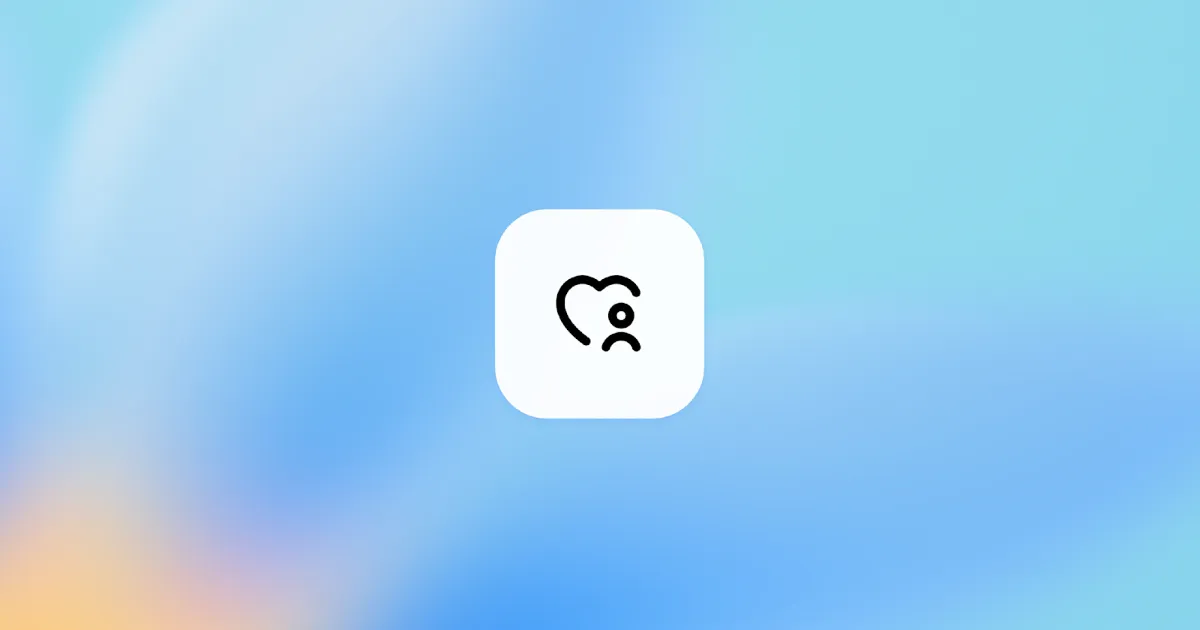OpenAI adds safety routing and parental controls to ChatGPT

OpenAI is introducing new safety features to ChatGPT, including a routing system that dynamically switches models during sensitive conversations and parental controls for teen users. The rollout, which began over the weekend, has drawn both praise and criticism as the company navigates concerns over user safety and freedom.
A Response to Safety Concerns and Lawsuit
The new measures come after multiple incidents of ChatGPT validating harmful or delusional thinking instead of redirecting users. OpenAI now faces a wrongful death lawsuit tied to the suicide of a teenager who had months-long interactions with the chatbot.
In response, OpenAI has launched a safety routing system designed to detect emotionally sensitive conversations. If triggered, ChatGPT temporarily switches to GPT-5-thinking, which OpenAI considers its safest, most reliable model for high-stakes interactions.
Unlike past models, GPT-5 incorporates “safe completions”, a feature intended to handle sensitive queries in constructive ways instead of simply refusing to respond. This marks a departure from earlier models like GPT-4o, known for being overly agreeable — a trait some say has fueled AI-enabled delusions.
Mixed Reactions from Users
While experts and some users have welcomed the changes, others argue that the system feels overly restrictive. Critics say the safeguards amount to treating adults like children, reducing the quality of the chatbot experience.
OpenAI acknowledges that the rollout will take time. The company has set a 120-day period of iteration and improvement, collecting feedback before wider deployment.
Nick Turley, VP and head of the ChatGPT app, emphasized the per-message nature of the routing system:
“Routing happens on a per-message basis; switching from the default model happens on a temporary basis. ChatGPT will tell you which model is active when asked.”
New Parental Controls for Teens
Alongside the routing system, OpenAI has introduced parental controls aimed at helping families manage teen usage. Parents can set quiet hours, disable voice mode, memory, and image generation, and opt out of having conversations used for training.
Teen accounts will also include additional safeguards, such as reduced exposure to graphic content and extreme beauty ideals, and a detection system for possible signs of self-harm ideation.
If risks are detected, a special review team steps in. In cases of acute distress, OpenAI says it may contact parents directly via email, text, and app alerts — unless parents have opted out.
OpenAI admitted the system may trigger false alarms, but argued that it’s better to notify families unnecessarily than miss potential crises. The company is also developing protocols to reach law enforcement or emergency services if a threat to life is detected and parents cannot be reached.
The Balancing Act Ahead
The dual rollout highlights OpenAI’s ongoing struggle to balance safety with usability. The company’s default shift to GPT-5 has already frustrated fans of GPT-4o’s more casual tone, and new parental oversight measures risk fueling further criticism.
Still, with mounting scrutiny — and a lawsuit that raises the stakes — OpenAI is signaling that safeguards are becoming a central part of ChatGPT’s future.





